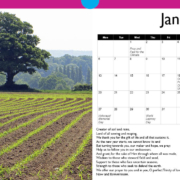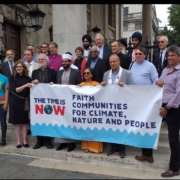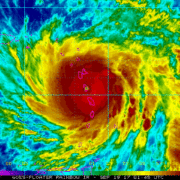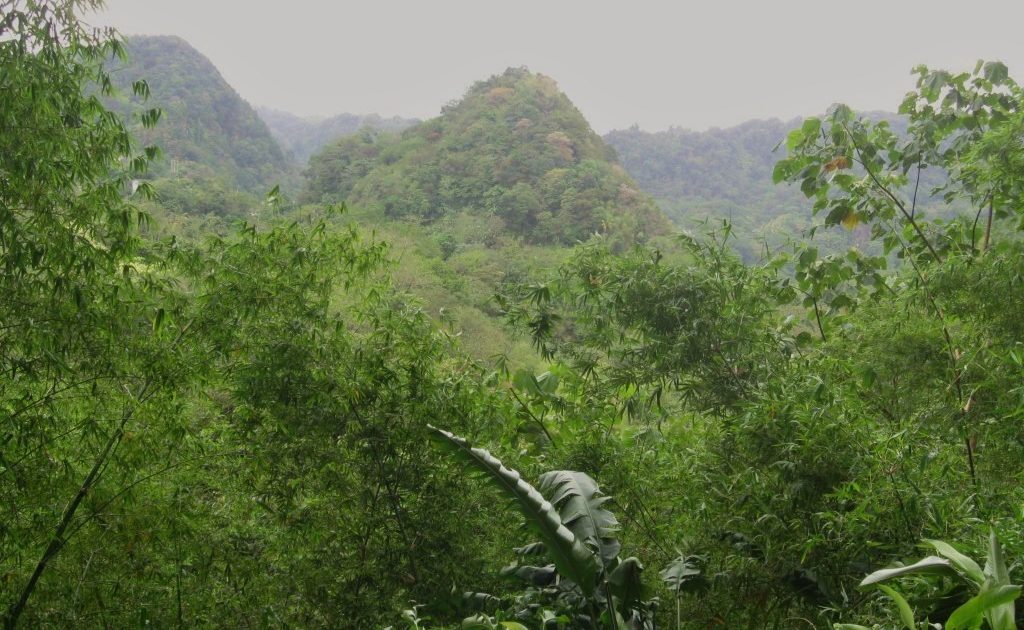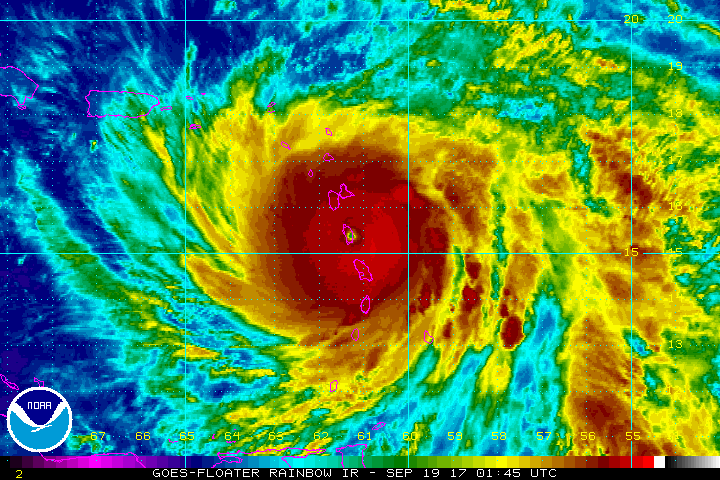Prayer Email 12 January 2020: Unity, Farmers, Hope, India’s Citizenship Bill
Prayer for the Week
The Week of Prayer for Christian Unity begins on Wednesday the 18th, so this week’s prayer has Christian unity as its theme. You can also find the UK materials for the Week of Prayer for Christian Unity here, and the international materials here.
A further collection of prayers for unity is in this Twitter thread.
Lord Jesus Christ,
who prayed that all your followers might be one,
We ask your forgiveness for our divisions.
Unite us, we pray, in your love
And grant that, by your grace, we may come to serve you
As members of the one body,
Guided by your truth
And glorifying you together
Through the gifts you have given us.
Focus for Prayer – Farming
Our January prayer for farmers is on our website’s Prayer Space. Further resources are available from the Arthur Rank Centre.
As you pray for farmers this week, please pray especially for:
Those in Australia who have lost farms to the bushfires
All farmers whose livelihoods and lives are threatened by extreme weather, trade uncertainties, and conflict (UK, DRC, South Sudan, and others)
All farmers suffering from mental ill health as a result of the strains of farming. Give thanks for charities, such as FCN and RABI in the UK, that offer support for farmers under stress.
Items for prayer
Reasons for Hope
There are many reasons for concern as we look at the current climate situation – but where do we find hope?
I (Maranda) have recently revisited the brilliant collection of essays on Christian hope and the environment that Margot and Martin Hodson gathered for Anvil. The articles in that collection wrestle with key questions: how do we relate our ultimate hope – our trust in God’s good purposes for the creation – to our proximate hopes for the temporal future? How do we avoid ‘false hope’ which is based on an unwillingness to confront hard realities? How do we harness ‘optimistic hope’ which inspires people to keep working on tough issues? And what is ‘robust hope’? If you haven’t read the articles – or, indeed, even if you have – this is a volume to visit or revisit. The whole volume is freely available online.
Six climate researchers also started the year by sharing news that had given them hope in 2019. One spoke of country-level events, citing Costa Rica’s work to decarbonise its economy – an antidote to people who say that governments can’t or won’t undertake ambitious climate action. Another cited advances in forecasting that that can make it possible to predict the behaviour of – and hence prepare for – extreme weather. Four cited political or economic movements or actions: the growth of divestment, local declarations of ‘climate emergency’ leading to local action, the rise of the youth climate movement, and the plans for decarbonisation in a recent party manifesto.
Over the next week, can you read some of the pieces on hope? Give thanks to God for the things that give you hope? And pray about how you can best act in order to give hope to others?
India’s Citizenship Act
Widespread protests have taken place for more than a month in India in response to the Indian government’s introduction of the Citizenship (Amendment) Act [CAA], which was signed into law on 12 December and took effect last Thursday, 10 January.
The new act offers a path to legal citizenship for migrants from the Hindu, Sikh, Buddhist, Jain, Parsi or Christian religious communities of Bangladesh, Afghanistan and Pakistan, who entered India before the end of 2014.* According to its terms, they “shall not be treated as illegal immigrants.” The government has justified its selection of these groups on the grounds that they “were compelled to seek shelter in India due to religious persecution or fear of religious persecution.” Critics point out, however, that the act does not offer such a path to Muslims from any country, including those, such as the Ahmadiyyas or Hazara who have fled religious persecution in the countries named in the act.
The act’s passage represents the first time that the constitutionally secular democracy has made religion a criterion for citizenship, and there are fears that it will be used to marginalise or expel Muslims. It coincides with suggestions that the government might create a nationwide ‘National Register of Citizens’, requiring people to prove their right to citizenship. In the state of Assam, when such a register was implemented, around 1.9 million people were found to lack adequate documentation to show that they qualified and so were deemed stateless and under threat of deportation. Under the provisions of the CAA, Muslims in this situation would continue to exist under this threat, while members of other groups could claim a right to remain.
This move reflects the BJP’s vision of India as a Hindu nation-state and its idea that Muslims and Hindus should live in different states. BJP ministers have articulated at various pointsthat their objectives include prioritising Hindu and Sikh refugees and expelling what they call ‘infiltrators’, often seen as code for those perceived as illegal Muslim migrants.
For all – Hindus and others – who favour a democracy that preserves religious freedom for all its minorities and heeds the constitutional principle that India is to be a “sovereign socialist secular democratic republic”, the moves are profoundly worrying. Politicians from other parties, students, secularists, and religious leaders from minority communities including the Christian churches have united in expressing their concern and opposition.
Fr Cedric Prakash, a Jesuit in India, said, during the debates around the bill: “The CAB risks tearing the country apart, reopening unhealed wounds of the Partition and ultimately destroying the secular and democratic tenets of our revered Constitution….” adding with respect to the proposal of a national register, “The country today stands at the brink of catastrophic human suffering and injustice, if the government implements it nationwide as planned.”
Students have been particularly vehement in protesting – inspiring many others in civil society – but have been attacked by government forces. The opposition Congress party has ordered its members who govern states not to implement the act, and the leader of another state governed by an opposition party has also said the state will refuse to implement it. Opposition parties are due to meet this week to decide on a strategy.
Please pray:
- for wisdom for politicians as they decide how to respond to the CAA and the protests against it
- for wisdom for those who will be arguing and hearing legal challenges to the CAA in the coming month
- that India will be a place that conforms to its founders’ vision of freedom and equality under the law for members of all religious groups
- that India, and all countries, will offer refuge to all who come to it and qualify as refugees under international law
- for wisdom for Christian leaders, as they consider their response to the act
*The Indian government estimates that of those who have claimed refuge so far on the basis of persecution and would benefit from the act, 81.2% are Hindus and 18.5% Sikhs.
Update on Aid
Thank you to all who have prayed and are praying about the Department for International Development (DfID)’s future. In the past week, as Duncan Green outlines at the end of his piece on the issue, news first came through that suggested a merger that abolished DfID wouldn’t take place. Then almost immediately other news suggested that while a complete merger was unlikely, a restructuring that abolished DfID’s ministerial post and gave the Foreign Office de facto control of DfID’s structures was still possible. Such a plan would continue to raise concerns about the future independence and efficacy of the UK’s development work. Please continue to pray, asking God to give all involved in the decision wisdom and a desire to do what will further the reduction of poverty and the increase of economic justice.
Short Notes …
Please continue to pray about the situation in Iran, the tensions between Iran and the US, and the tensions across the Middle East. If you would like more detailed prayer points, email us.
The Speaker of the House of Representatives in the United States, Nancy Pelosi, has indicated that she will send the articles of impeachment for President Trump to the Senate this week, despite profound disagreements with Senate leadership about how the trial should be conducted. The Senate leadership has indicated that it wants to put forward rules for the trial that will not involve a decision to call witnesses or to request documents that the President had refused to make available to the House. The Senate Majority Leader has also already suggested that there will be a speedy acquittal, and he has said that “Everything I do during this [trial], I’m coordinating with the White House counsel … There will be no difference between the president’s position and our position as to how to handle this to the extent that we can.”
During a Senate impeachment trial, each Senator takes an oath to “do impartial justice, according to the Constitution and laws: So help me God.” Whatever the merits of the case, there is a clear danger to the integrity of the Constitution and to the credibility of political processes if there is not a sense that a fair trial is taking place and impartial justice is being done.
As US politicians take the next steps in the impeachment process, pray for wisdom and integrity for all concerned.
Resources
2020 Dates for Prayer and Action
A reminder that the first quarter dates for prayer and action are on our website here. Many people find them handy for planning services, rotas, and special events – and they can be used to shape your own cycle of prayer, too.
Supporting Refugees: A Guide for Oxfordshire Churches
Churches in Oxfordshire will be receiving this week a new guide to supporting refugees in our area. The booklet has been compiled by CCOW with the assistance of a range of local partner organisations. It introduces the different charities that are standing alongside refugees in Oxfordshire and the opportunities they offer to help with their work. If you would like your own copy (wherever you live), please do get in touch.
The Week of Prayer for Christian Unity materials this year include a suggestion that Christians and churches “Provide welcome and hospitality for those recently arrived into the UK and Ireland” If this call inspires people in your church who aren’t yet involved to get involved, the guide can help them find out what they can do.
Forthcoming Dates and Events
13 January – Asylum Welcome Charity Gala – Oxford
Information and tickets.
19 January 2020 – Peace Sunday
Theme: Peace as a journey of hope’ Materials: Pax Christi
22 January 2020 – Talk by Sophi Tranchell, Oxford
The Oxford Fair Trade Coalition is hosting a talk by Sophi Tranchell, CEO of Divine Chocolate UK at its AGM. She’ll be speaking about her experiences in Fairtrade – well worth hearing. Wadham College, 6:30 – 8:30. Registration.
25 January 2020 – ‘Saying yes to life’ – Reading
Day retreat (9:30 for 10:00 until 2:30 pm) based on Ruth Valerio’s new Lent book. Free. Lunch provided. For further information and registration, email maranda.stjohnnicolle@oxford.anglican.org.
1 February 2020 – Green Christian ‘Way of Life’ Day – London
Day conference on ‘rediscovering and maintaining a radical, creation-centred way of being’. Presentations on prayer, ‘living gently’, public witness and encouragement. Sessions on poetry, prayer and music. Information and registration.
This Week’s Readings
Revised Common Lectionary Readings – Isaiah 42 1-9 • Psalm 29 • Acts 10: 34-43 • Matthew 3: 13- 17
“Here is my servant, whom I uphold, my chosen, in whom my soul delights; I have put my spirit upon him; he will bring forth justice to the nations. He will not cry or lift up his voice, or make it heard in the street; a bruised reed he will not break, and a dimly burning wick he will not quench; he will faithfully bring forth justice. He will not grow faint or be crushed until he has established justice in the earth; and the coastlands wait for his teaching.”
Isaiah 42: 1-4
This email was sent to you by Christian Concern for One World.(CCOW), The Rectory, Church End, Blewbury OX11 9QH
You received it because you have asked to receive our prayer emails.

